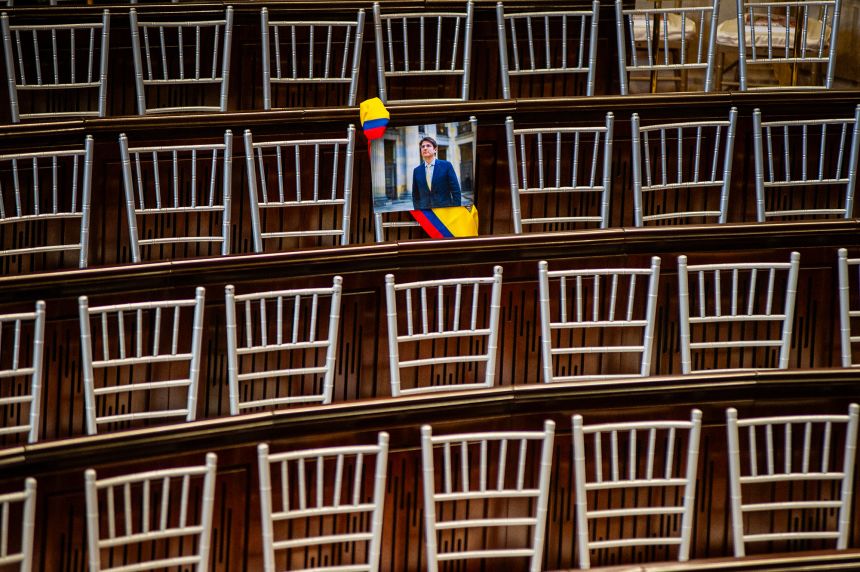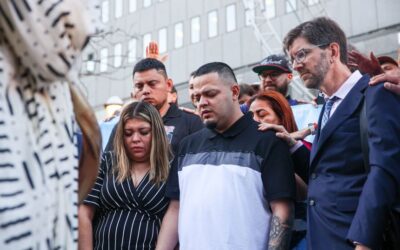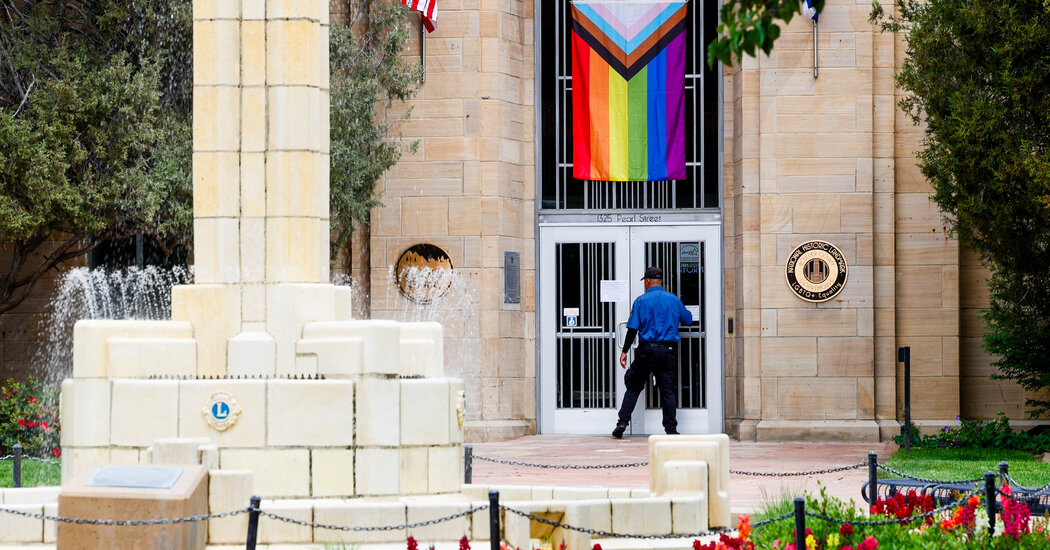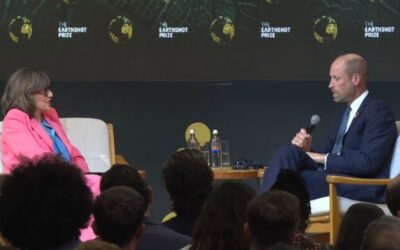The death of Miguel Uribe, two months after the attack against him, marks a return to the worst period of political violence in Colombia.
Weeks of limbo and hope for his recovery ended with the most unfortunate outcome: an assassination at a time when the country believed it had overcome the threat of death against presidential candidates, though the killing of social leaders has never been eradicated.
The assassination not only leaves a profound impact on society, which had shown unity in rejecting the attack, but could also determine the course of the upcoming presidential elections. Colombia has the highest record of such political crimes in Latin America. From the era of La Violencia in the mid-20th century to the wave of murders of leftist leaders and presidential candidates in the 1980s, Colombia has long experienced what has recently been seen in Ecuador and Haiti.
The senator and presidential pre-candidate was attacked on June 7 in Bogotá, in broad daylight, during a political rally. Since then, the security guarantees for him and other presidential pre-candidates have been questioned. The memories of the late 1980s and early 1990s have resurfaced.
Uribe, grandson of former president Julio César Turbay Ayala (1978-1982), experienced the violence of those years firsthand: his mother, journalist Diana Turbay, was kidnapped by Medellín Cartel drug traffickers under Pablo Escobar and killed in 1991 during a rescue operation. During that period, presidential hopefuls Jaime Pardo Leal, Luis Carlos Galán, Bernardo Jaramillo Ossa, Carlos Pizarro Leongómez, and Álvaro Gómez Hurtado were also killed.
Continue reading the complete article on the original source



